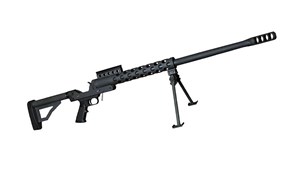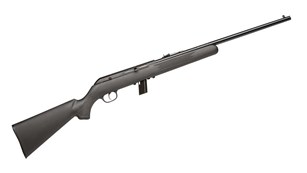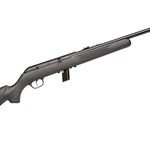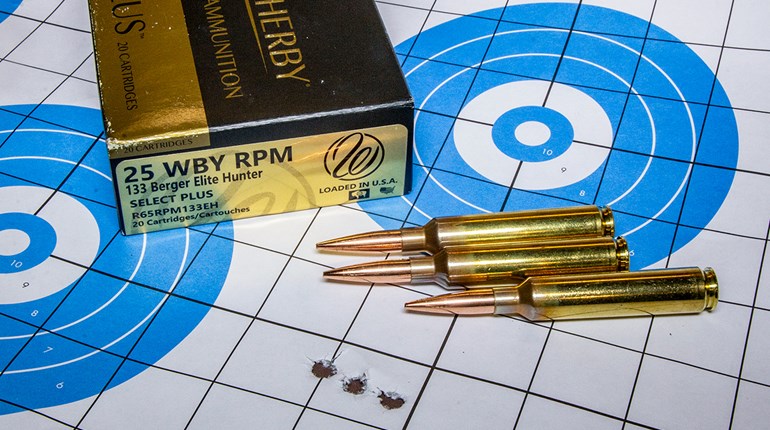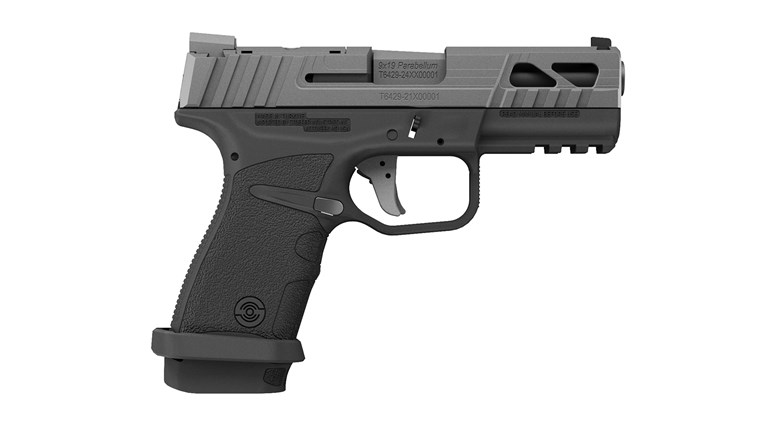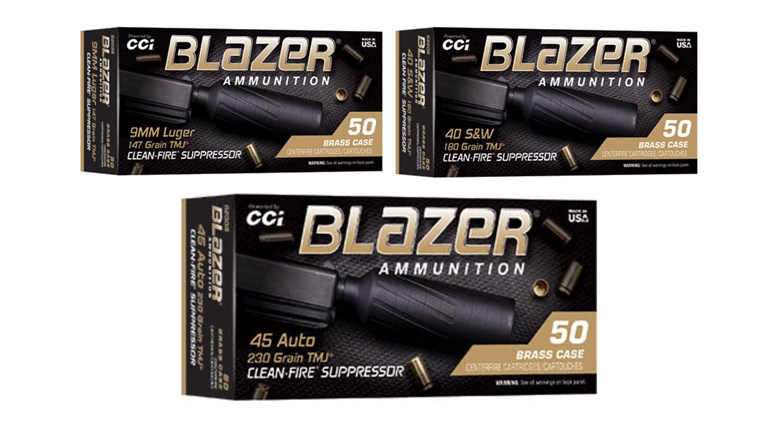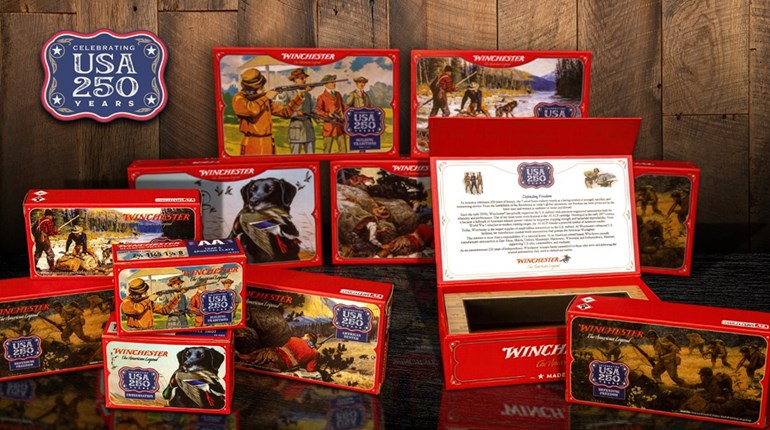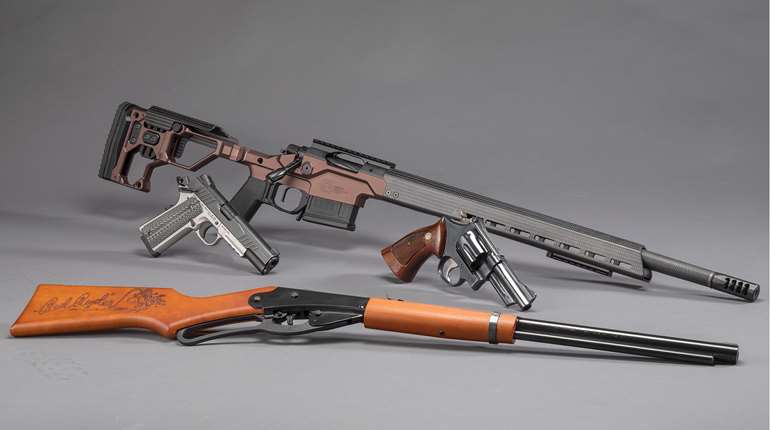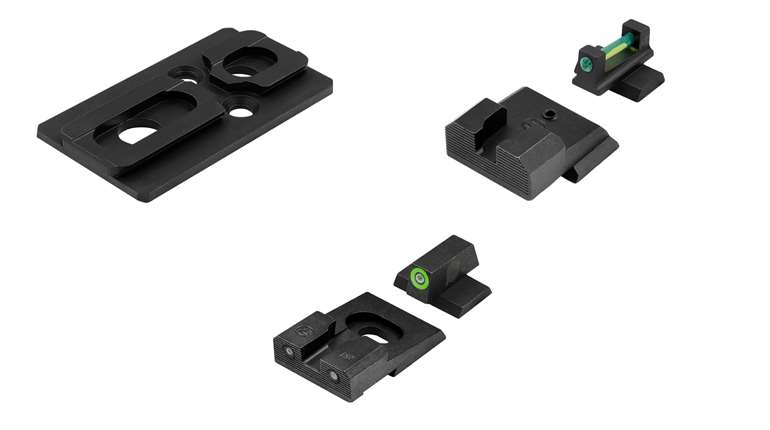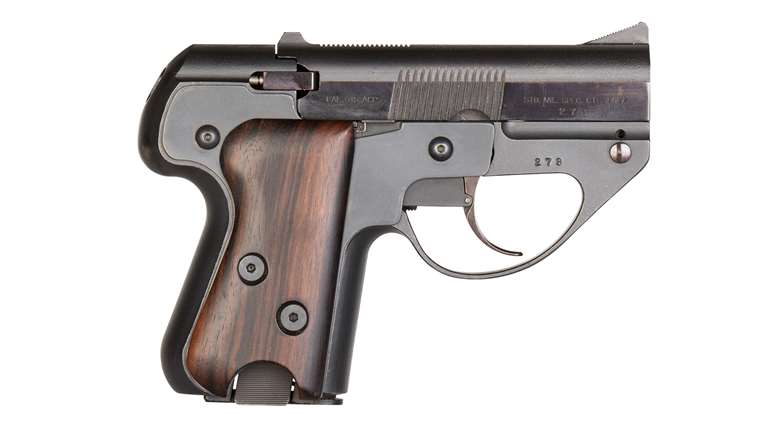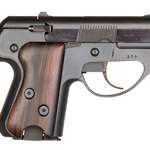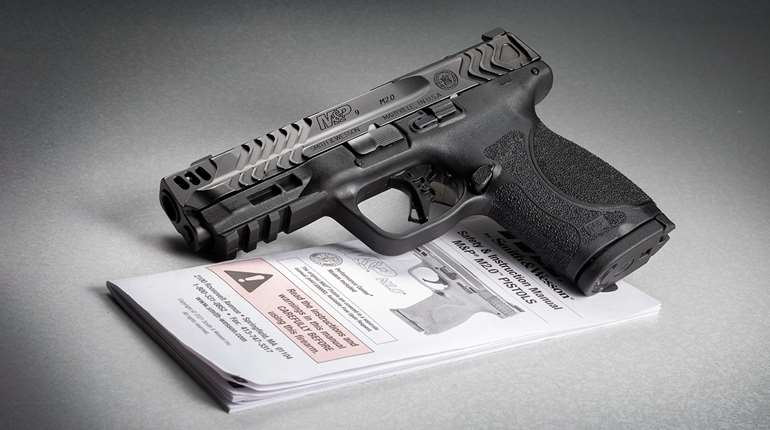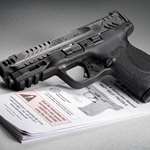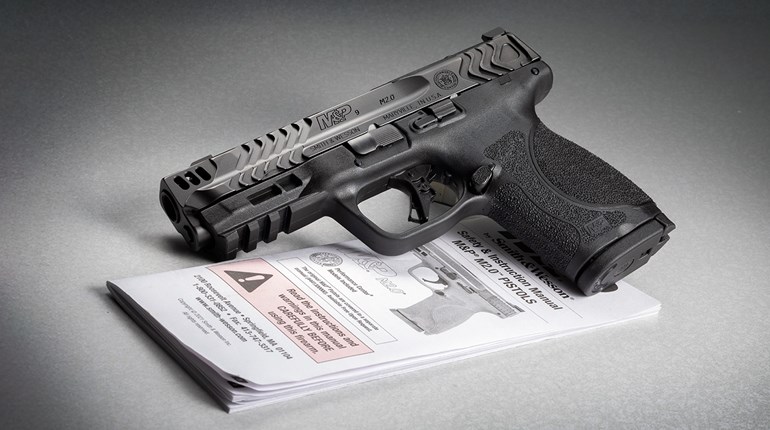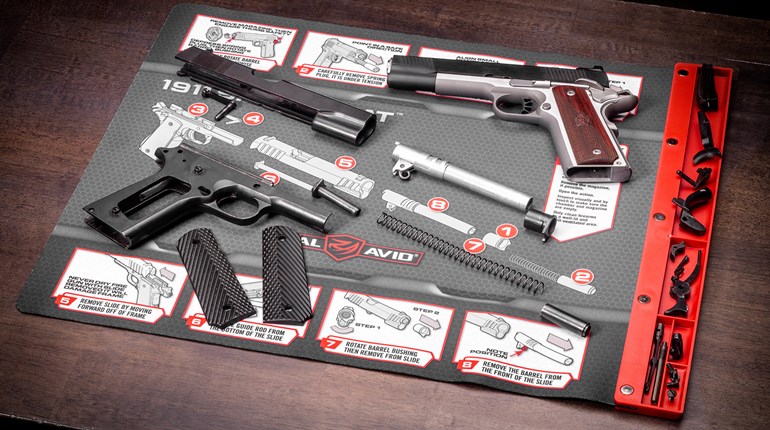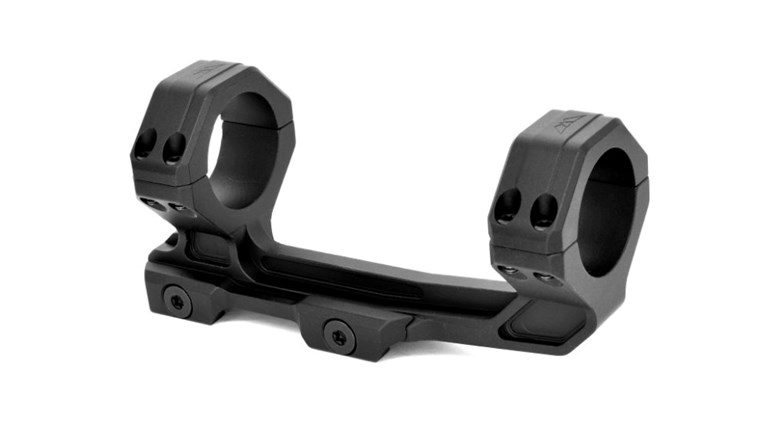
During the 2017 NRA Annual Meetings in Atlanta, GA, I was signing copies of my book “Handguns for Personal Protection” in the Galco Gunleather booth when an interesting gentleman stopped by. His name was Bill Vanderpool and he is retired from the FBI. As you might imagine, our discussion eventually migrated to the recent return to the 9mm by Vanderpool’s former employer.
When it comes to the terminal performance of modern defensive-handgun ammunition, there’s an ongoing feud stemming from the perceived effectiveness of slow-moving, heavy bullets and faster-moving, lightweight projectiles. The disagreement has raged since World War I, when American G.I.s armed with .45-caliber 1911s faced Germans firing 9mm Lugers. The argument took on new life in the ’50s and ’60s, when some law enforcement agencies adopted a 9mm handgun as a duty weapon. And, in 1985, fuel was added to the fire when the U.S. Army chose the 9mm Beretta as its service pistol. Historians were quick to point out, “We tried this once; remember the failure of the .38 Long Colt on the Moro guerillas?”
However, in 1986 you could say the excrement hit the ceiling-mounted oscillating device. That’s when what has probably become the most talked and written about gunfight—next to the one that occurred 105 years prior at the OK Corral—went down. (Funny thing, no one seemed to care about the terminal performance of the ammunition used at the OK Corral.) The Miami-Dade shootout would drastically change the way law enforcement looked at its handguns and ammunition, and it was all based on the failure of a single 9mm 115-grain Silvertip bullet to instantly stop a bad guy. Ironically, given the nature of the hit, this was an unrealistic expectation anyway.
But, back to Bill Vanderpool. He was assigned to the FBI’s Firearms Training Unit at Quantico for more than 10 years. He started the FBI’s Ballistic Research Program, and as he proudly claims, “It has grown into the finest facility of its kind in the world.” Given Vanderpool’s ties to this program, which was arguably started because of the 9mm, I asked him what he thought about the FBI’s return to that cartridge. He said, “I agree with the change. I think it was a good choice. It is easier to shoot accurately than heavier calibers.” He added that, “Technical advances have resulted in very efficient bullets. Forty-S&W pistols are usually 9mms with bigger bores. The nines have proven to hold up better.”
This surprised me for several reasons. For one, Vanderpool is an old guy. No disrespect intended, but he is after all retired, and, well, he is kind of old. Old guys tend to side with the slow-and-heavy bullet crowd. Secondly, as a retired FBI agent Vanderpool has countless friends still carrying the badge and he has a tremendous amount of devotion to the agency. For him to support a switch to a handgun firing the cartridge that arguably, started it all might seem strange.
Vanderpool pointed out that, “Proponents of the heavier calibers were concerned, but I believed it was more a matter of bullet construction than caliber. I actually carry a nine; a SIG Sauer P239 usually. I own two .357 SIGs and have killed a mountain lion and two bears with one. For formal work—that is when a smaller gun is needed—I carry a SIG P230.” He continued, offering “The 9mm Winchester Silvertip, which didn’t penetrate enough during the Miami shootout, was replaced with a Winchester 147-grain hollowpoint subsonic, which worked well in 9mm. Until then, expansion was considered the most important factor in a round, assuming a target was facing the shooter squarely…After Miami, much more consideration was given to penetration.”

It’s that emphasis on penetration which has brought us to where we are today. To be considered for duty, the FBI mandates—among other things—that the bullet must penetrate at least 12 inches in 10-percent ordnance gelatin, and it must do so even when encountering a wide array of barriers. For 30 years, bullet engineers have been working toward that goal. Today many loads for police duty cartridges meet that benchmark. By going with the 9mm, the FBI gets the terminal performance it desires, with more capacity, in a handgun that’s easier, and faster, to shoot accurately.
There are many schools of thought when it comes to the suitability of various defensive-handgun cartridges. Some argue on the side of caliber, some expansion, some energy and others momentum. But velocity matters; it is the element of the equation that allows a bullet to expand, penetrate and do its work. It’s a documented fact that the .357 Mag. is better at stopping fights than a .38 Spl. The only difference between these two cartridges is velocity and this velocity advantage is what allows the 9mm to perform on par with larger, slower-caliber cartridges. The reality is there is such a minute difference in the terminal performance between the 9mm, .40 S&W and .45 ACP, that the interface between the shooter and the handgun, ammunition capacity and shot placement (accuracy) matter more. It would seem it has taken bullet engineers about 30 years to level the playing field between these cartridges, and it has taken the FBI about the same amount of time to realize the obvious.
After our discussion, I thanked Vanderpool for his service and he told me he’d just completed a book of his own, and a publisher had agreed to pick it up. The working title is, “Is The Line Ready?” and it is a history of the FBI’s firearms and training. A man who very likely knows the story better than anyone wrote it—and he prefers to carry a 9mm.
